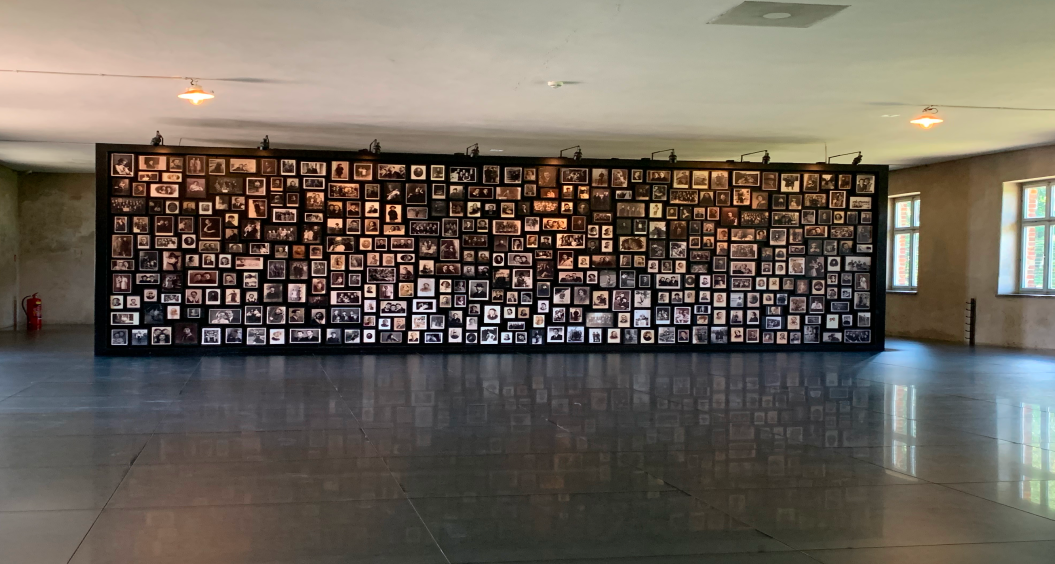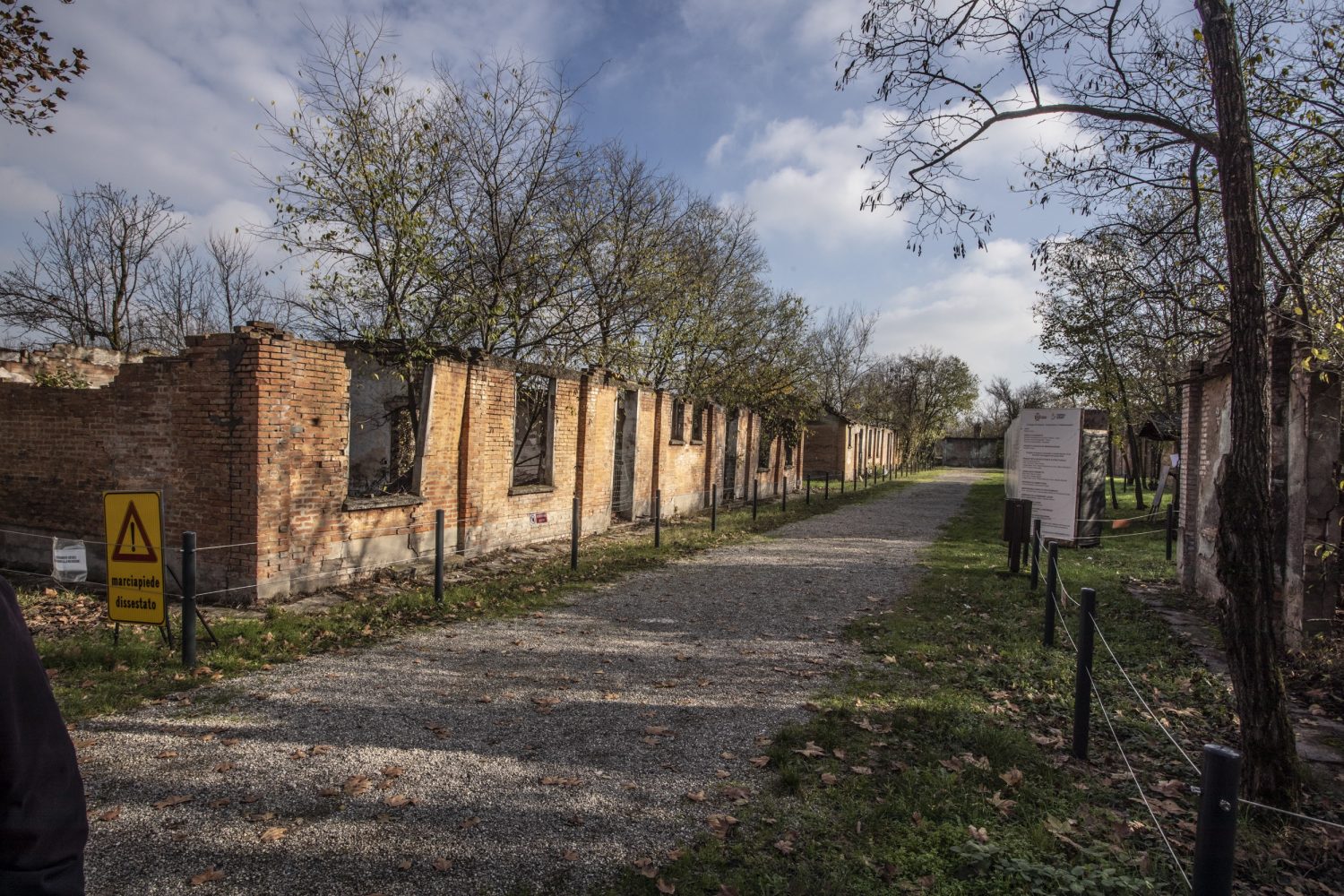
Holocaust denial laws: effective tool or Trojan horse?
Why the IHRA is leading research into regulations outlawing denial of the Holocaust, by Project Chair Robert Williams.
By the late 1980s, as the world grew more aware of the Holocaust and its relevance, a number of European policymakers realized that neo-Nazis and other far-right actors were not only misinterpreting the historical facts of this genocide, but also actively denying them in an attempt to legitimize antisemitism. In response, these policymakers began to craft a series of laws and regulations that variously penalize denial of the Holocaust as a form of dangerous speech. But how are these laws used in practice? And are they effective? These lingering questions have led the International Holocaust Remembrance Alliance (IHRA) to begin cooperative research with a number of global experts on these matters.
Read more: IHRA Project on Holocaust Denial and Distortion Laws
Holocaust denial laws today
Today, all told, more than 25 European countries (inside and outside of the EU) have laws that address the phenomenon of Holocaust denial. Some are connected to efforts to combat neo-Nazism, while others relate closer to hate speech regulations.
The first of these newer laws, France’s Gayssot Law of 1990, made it criminal to “glorify war crimes, crimes against humanity, or crimes and offenses of collaboration with the enemy.” The Gayssot Law makes specific reference to the crimes outlined in Article 6 of the Charter of the International Military Tribunal (IMT) of 1945, which included many of the crimes associated today with the Holocaust. This law, in turn, inspired many more similar pieces of legislation, which began to pop up across Europe in the 1990s and early-2000s. Seen as a whole, these laws are in place in order to protect historical facts—one of the IHRA’s priority objectives—from being misused to incite hatred.
Since their passage, the European Union has repeatedly affirmed their support for these regulations, which is underscored in the 2008 Framework Decision “on combating certain forms and expressions of racism and xenophobia by means of criminal law.” The European Court of Human Rights (ECHR) has also determined that these laws are consistent with the European Convention on Human Rights. As early as 2003 the ECHR declared that Holocaust denial and distortion can represent a “serious threat to public order” that can warrant certain restrictions on freedoms of expression in order to maintain democracy and human rights.
How are Holocaust denial laws used in practice?
Curiously, though, these laws are not applied consistently across Europe. Experts in the field question their efficacy in countering hate speech and whether these laws improve or harm our awareness of the Holocaust.
More troubling, a new trend has begun to emerge over the course of the past several years: While many of the original Holocaust denial laws sought to protect historical facts from being misused, more and more governments are rewriting these laws in order to protect national narratives about the Holocaust. This is dangerous because, after all, facts are facts, while narratives can be subject to interpretation.
The importance of the IHRA Project on Holocaust Denial and Distortion Laws
In an ideal world, Holocaust education, remembrance, and research would be sufficient to ensure a future for healthy engagement with this critical subject. But, these laws exist, and it can be awfully difficult to put a genie back in its bottle. So, do these laws do more good than harm? Are they part of a larger effort to ensure broader understanding of and respect for the Holocaust, or are they are simply a bandage applied to maintain what is understood as civil discourse? More important, for those scholars, educators, journalists, and others that publish bona fide, data-driven research on the subject, can these laws prove more of a hindrance than a benefit, especially since some countries are beginning to use these laws to further their own, often nationalistic, agenda, which distorts the history of the Holocaust?
Sign up to our newsletter to
receive the latest updates
By signing up to the IHRA newsletter, you agree to our Privacy Policy



